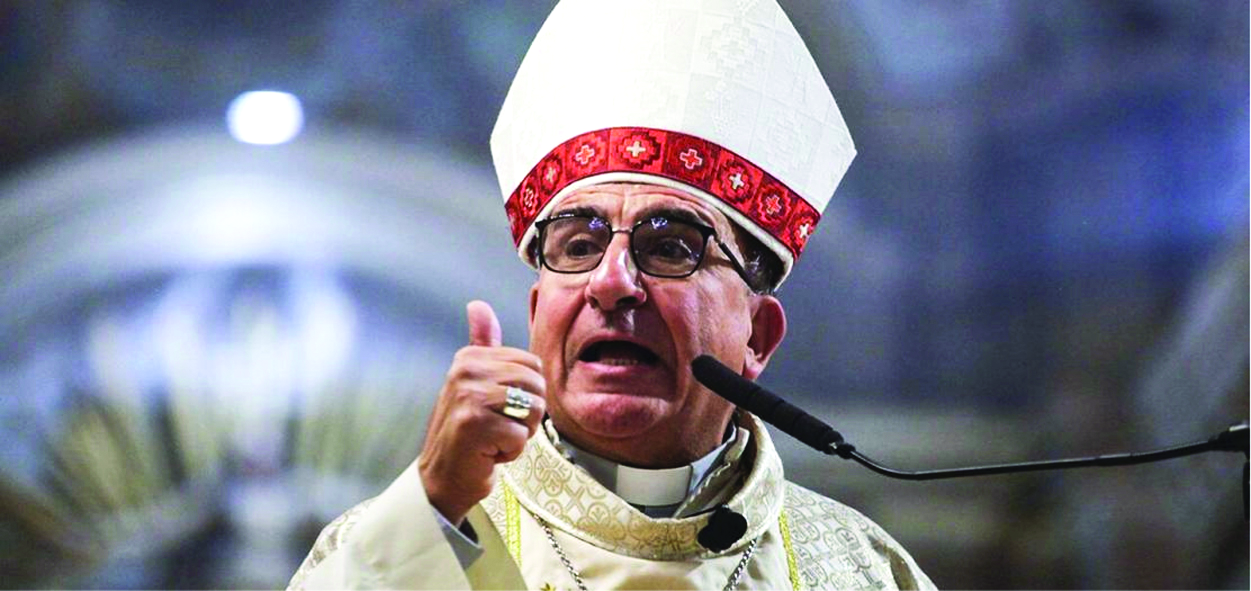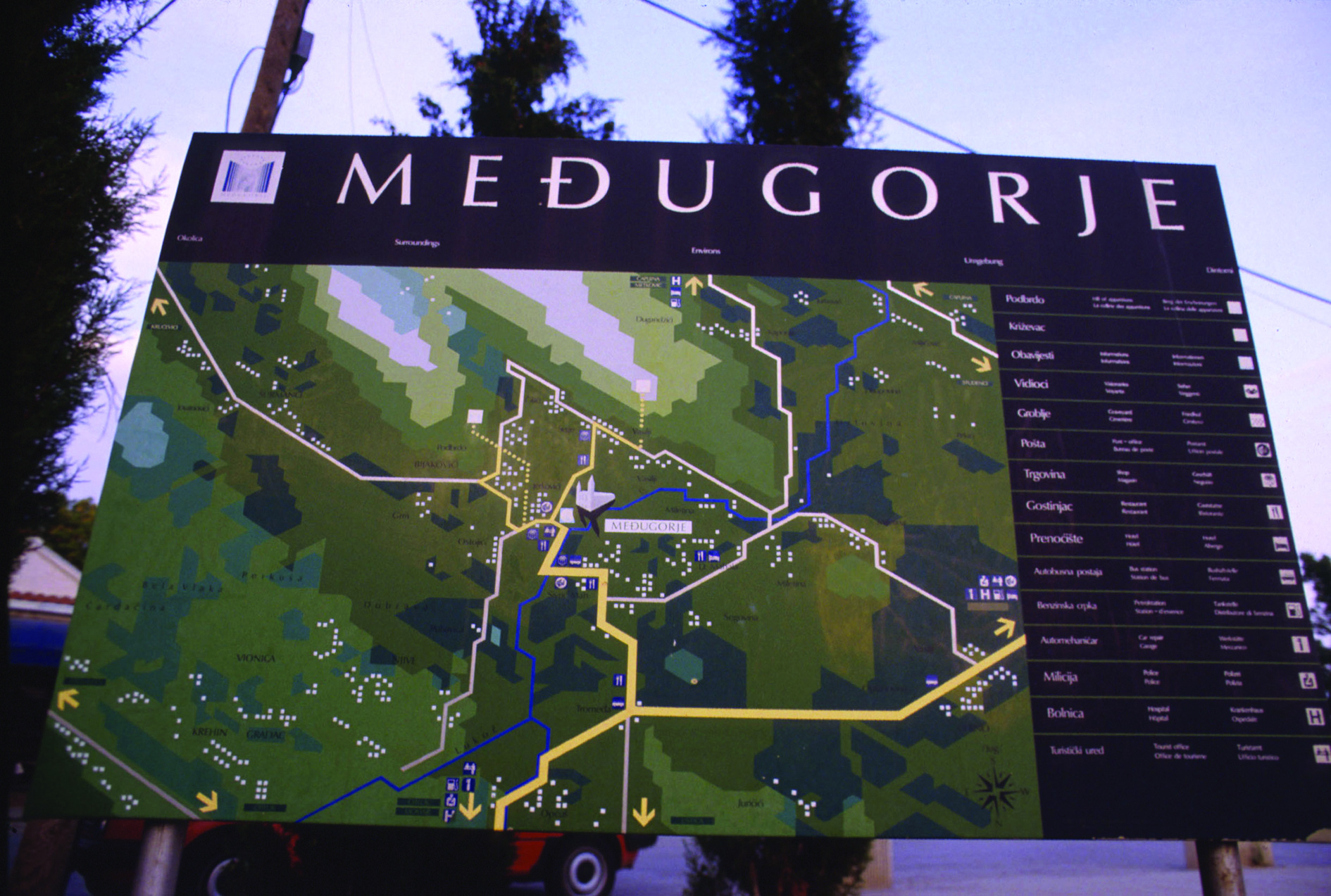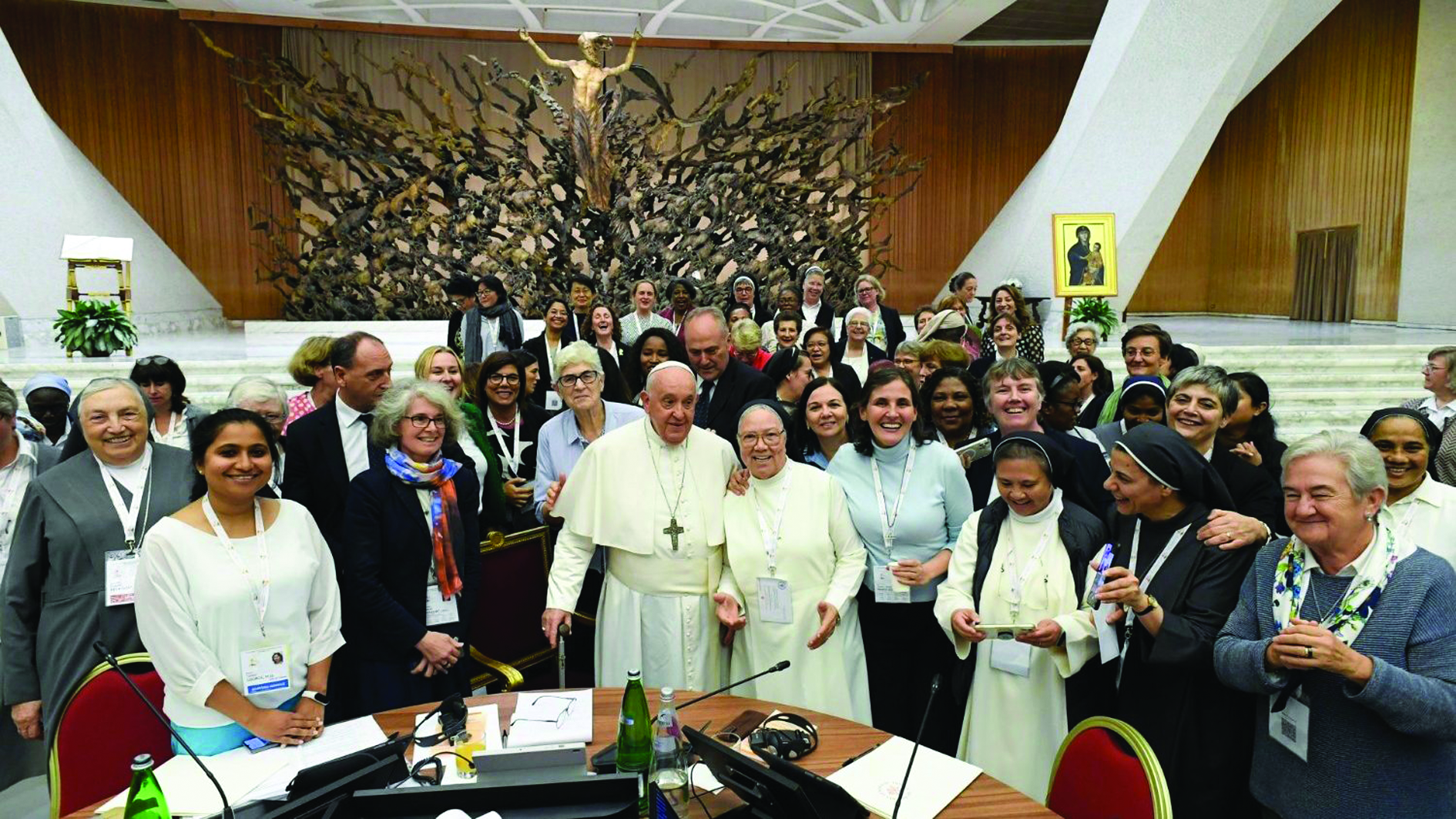Monsignor Harry Entwistle, 72, was born on May 31, 1940, in Chorley, Lancashire, in the United Kingdom. He was ordained a priest of the Anglican Communion in 1964 in the Blackburn Cathedral. For 25 years he served in various parishes in England as a married Anglican priest with three children.
In 1988, he was appointed the senior Anglican chaplain at the Department of Corrective Services in Western Australia, having some prior experience in prison ministry in the UK.
In 2006, he was appointed a bishop of the Traditional Anglican Communion (TAC), a continuing Anglican Church that had been concerned about disquieting trends in the communion. During this time he was the pastor of Sts. Ninian and Chad’s Church.
Following his appointment as ordinary last month, this former TAC parish will become the first active parish in the Ordinariate of Our Lady of the Southern Cross in Australia, with most of its parishioners expected to join shortly.
Pope Benedict has decided to declare an ordinariate for Australia. How does it feel to be chosen as the first ordinary?
Monsignor Harry Entwistle: To be appointed as the first ordinary of the personal ordinariate of Our Lady of the Southern Cross is both exciting and daunting. I am humbled that the Holy Father has placed his confidence in me to lay the foundations of his prophetic vision to create the structure for those Anglicans who choose to do so, to enter into the full communion of the Catholic Church while maintaining our Anglican spirituality and those elements of our liturgical life that are consonant with the faith of the Catholic Church.
Previously, you were a bishop in the Traditional Anglican Communion. The ordinaries in the UK and the USA were from mainstream Anglican churches. Is there any significance in the fact that you are the first person to have this role from a Continuing Anglican Church?
Entwistle: Many observers of the ordinariate implementation process voiced their opinion that the Holy See was determined to treat those Anglicans from the Continuing Churches as “second-class” applicants. My appointment demonstrates that this view is totally inaccurate. The Ordinariate is for anyone from the Anglican tradition who holds the Catholic Faith. In my case, I have been licensed for ministry in the Church of England and the Anglican Church in Australia as well as in the Anglican Catholic Church in Australia (TAC), so I have experience in several Anglican cultures. The Holy Father appointed me because I am an Anglican who petitioned to be ordained in the Catholic Church for service in the Ordinariate, not because of the community to which I last belonged.
Now that the Ordinariate is a reality, not just an idea, what do you envisage will be the numbers coming in? I believe there is much support from your parish church, which you are still administering?
Entwistle: Some observers of the Ordinariate seem to have an obsessive interest in the numbers of those initially coming in as though numbers define whether the Holy Father’s initiative is a success or failure. The Ordinariate in Australia has been erected with one parish and it will spread across the continent as more ordinations occur and parishes are received. What matters is the conviction, belief and commitment to grow God’s Kingdom of those who enter the Ordinariate, not whether it begins in a small way.
I seem to recall that Jesus only gathered a small community around him in the first instance. Growth will occur as it did in the Church following Pentecost.
Pope Benedict has supported the idea of Ordinariates maintaining the Anglican patrimony. How confident are you that this will, in fact, be the case, as some detractors insist that this is just a ruse to have more “Latin Rite Catholics”?
Entwistle: The Holy Father’s vision for the Ordinariate is to bring the treasures of the English spiritual tradition to the whole Church as a gift. The Ordinariate is not a liturgical preservation society, but a living member of the Church whose worship reflects its belief and traditions. If the Holy Father’s intention is to create more Latin Rite Catholics, he has gone about it in a very complex way. He has made a generous offer to former Anglicans and it is up to us to evangelize, grow and make the school of English spirituality a vital part of the Church’s life and experience.
Was it difficult to leave your Anglican background? Your service as a priest was quite considerable…
Entwistle: I was a cradle Anglican. The Anglican Church taught me the Christian faith and nurtured and sustained me through many joyful and difficult periods in my life. I firmly believed that the priests of the Anglican Church were Catholic priests, but when “developments” began to occur, such as the ordination of women, I realized that once this had occurred, the priesthood to which women aspired to belong, no longer existed.
This “development” opened the way for the liberalization of the Church’s worship, doctrinal belief and the acceptance of a more secularist set of moral and ethical principles.
I felt abandoned because it was as if my “mother” had died, but this grieving has been alleviated by the warmth of the welcome and the support I have encountered from members of the Catholic Church.
One of the controversial issues of Anglican clergy seeking admittance to Catholic orders, is that they must be re-ordained as priests, i.e., Apostolicae Curae, the issue of the non-validity of Anglican orders. Some Anglican clergy (with strong predilections towards the Catholic understanding of priesthood and the sacraments) say this denigrates their current ministry. How do you feel about this?
Entwistle: The Catholic Church has never said that Anglican clergy are not validly ordained within the Anglican Communion. What the Catholic Church questions is whether Anglican orders can be acknowledged as being fully Catholic. There was a time when many Anglicans thought they would be, but recent developments about who may be ordained in the Anglican Church have raised more doubts about their Catholicity. Where the sacraments are concerned, there must be no room for doubt, and if doubt exists the Church must err on the side of certainty. This is why Anglican clergy seeking to exercise a priestly ministry in the Ordinariate are required to humbly submit to ordination within the Catholic Church. I personally had no difficulty submitting to ordination in order to guarantee the certainty of sacramental validity.
Even though you are not a bishop, you still have a jurisdiction analogous to this. Therefore, you have become a member of the Australian Catholic Bishops’ Conference. How do you deal with the unusual status of being the first married member?
Entwistle: I can say that both my wife and I have received nothing but warmth and support from the Catholic bishops whom we have met. I do not anticipate that my married status will be a significant issue when the bishops meet in conference.






Facebook Comments